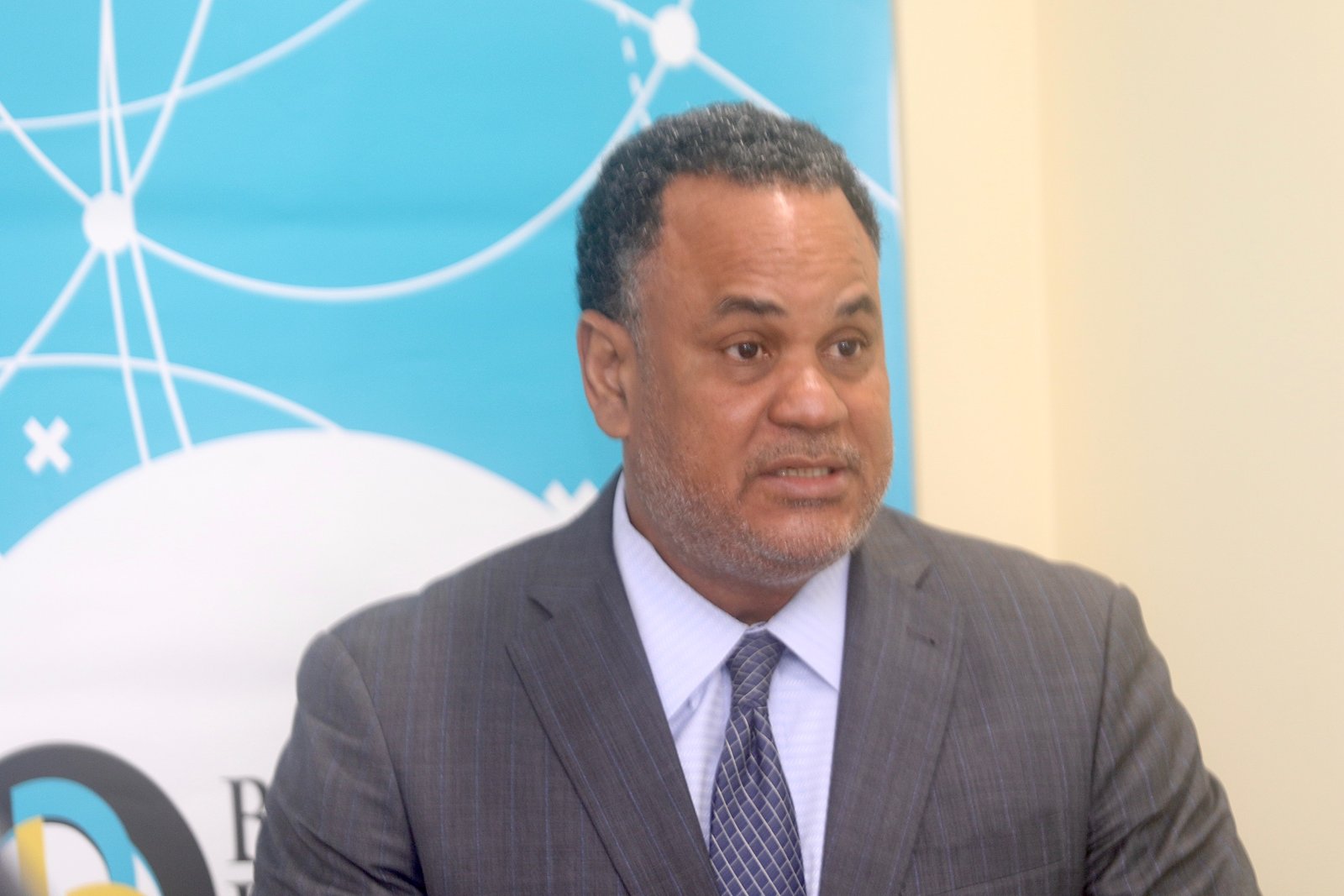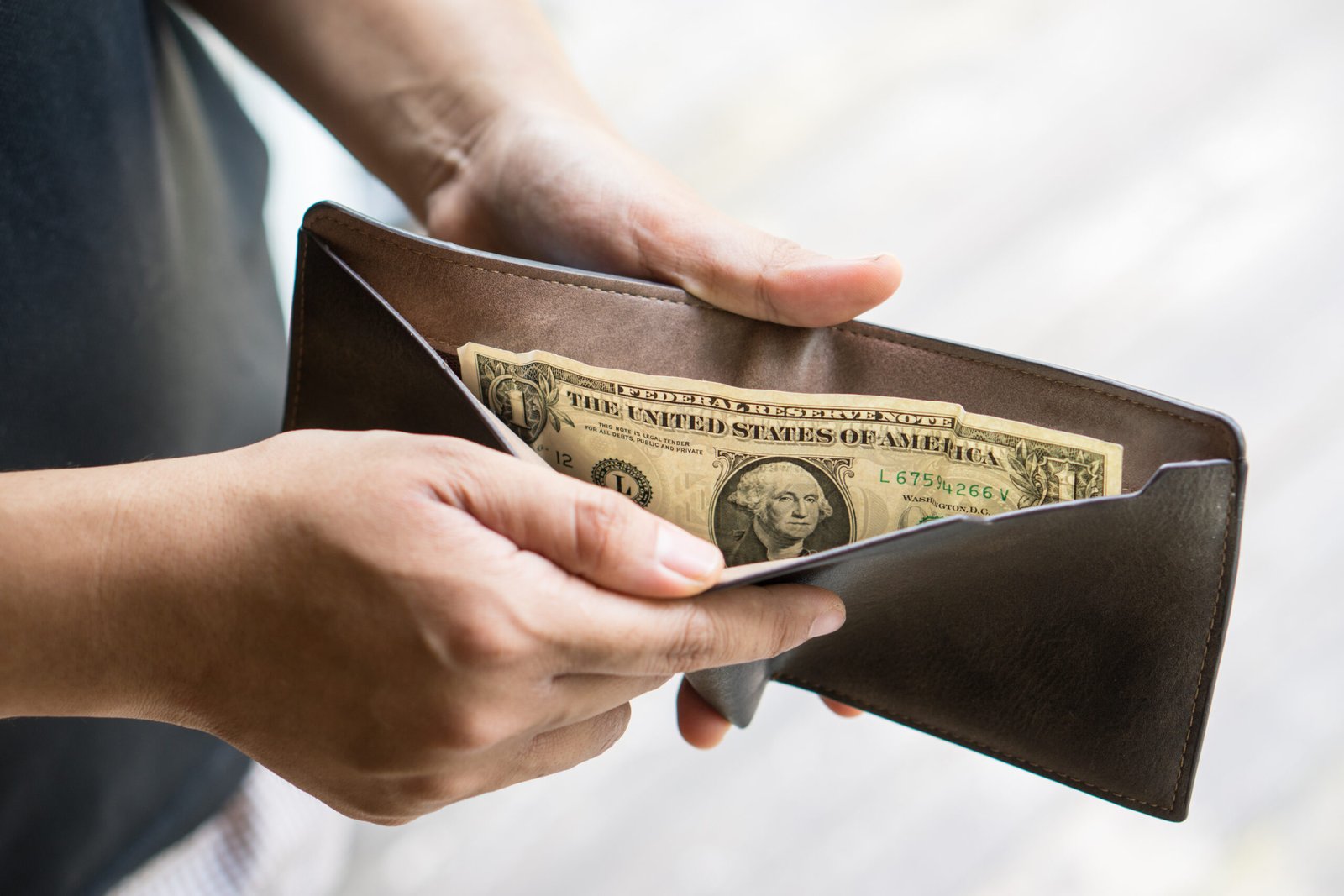NASSAU, BAHAMAS — Economic Affairs Minister Senator Michael Halkitis said yesterday that while the government is concerned over the likely impact a US recession would have on the Bahamian economy it is not panicking, noting that there is reason to be optimistic about this nation’s economic prospects.
Halkitis spoke to reporters on the sidelines of a meeting of the Rotary Club of West Nassau yesterday.
He said: “The US is our major trading partner. Any recession in their economy will impact us. Our economy is driven by tourism. There will always be people who will travel and have money to spend whether there is a recession, boom or depression.

“We don’t want to see a deep recession in the US. It is something that we are watching we are concerned but we’re not panicking because these things happen. We have a plan and we are in the midst of a good rebound. I think there is reason to be optimistic.”
Earlier this week the International Monetary Fund (IMF) slashed its global growth outlook for this year to 3.2 percent. The IMF’s projections in the latest World Economic Report — titled “Gloomy and More Uncertain” cited further negative spillovers from the war in Ukraine; higher-than-expected inflation worldwide and a worse-than-anticipated slowdown in China as reasons for its revision to its global economic growth projections.
Halkitis noted that a strong tourism rebound is leading this nation’s economic resurgence, with the government working to avoid any fall-off in that momentum in 2023 and 2024.
“We need to get the economy growing, particularly coming out of the Covid-19 pandemic,” said Halkitis, adding that the Davis administration is focused on promoting economic growth, improving revenue administration, identifying new revenue sources, and expenditure control.
Halkitis acknowledged that expenditure cuts for the government are often easier said than done as 80 percent plus of its annual budget is already accounted for in terms of salaries and fixed commitments.
“When you talk about controls and cuts it’s usually in the area of wastage.” He further noted that state-owned enterprises account for a significant portion of government expenditure,” he continued.
“The Public Hospitals Authority is the biggest one, there is the University of the Bahamas and then there is the Water and Sewerage Corporation. These are essential services. You have to be so careful when you talk about cuts,” said Halkitis. He noted that while the government has some fiscal headroom, most of it has been largely exhausted.
Halkitis noted yesterday that the COVID-19 pandemic has “ripped the cover off” and exposed the problems which have plagued the Bahamian economy for decades.
He noted that the government has faced budget deficits since the 1990s. He noted that since 2008/2009 budget deficits have averaged $511 million annually. Halkitis also noted that between 2009-2022the country’s debt increased by $7.8 billion and that for 31 years this nation has seen an average growth rate of 1.09 percent.






